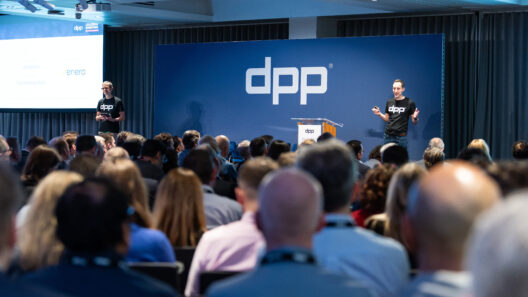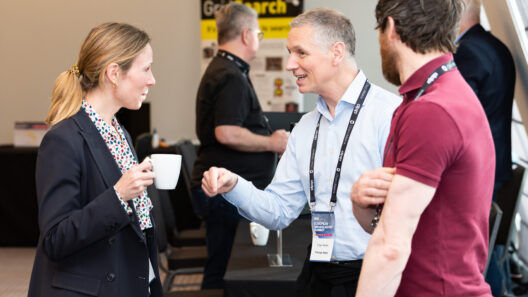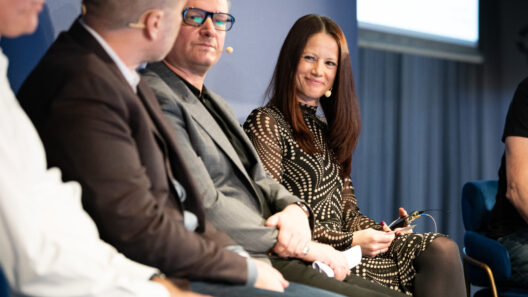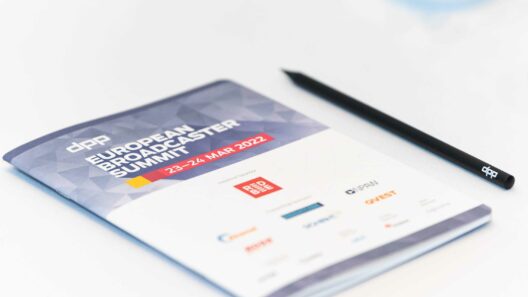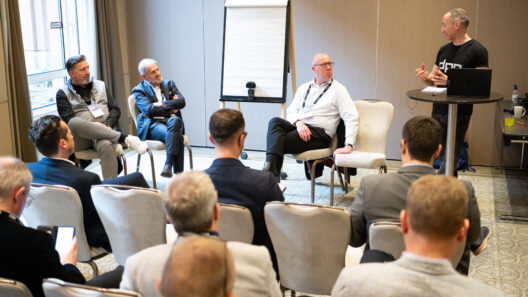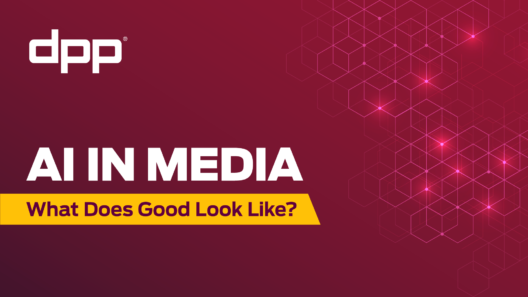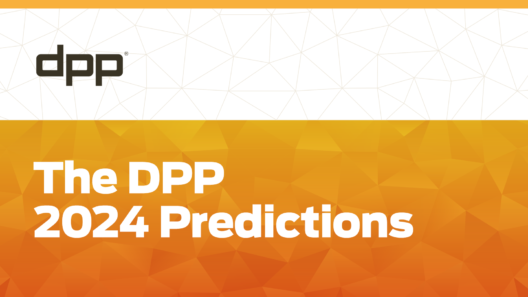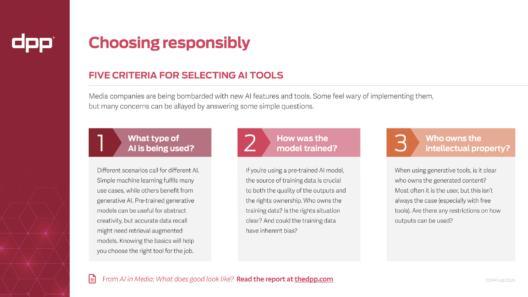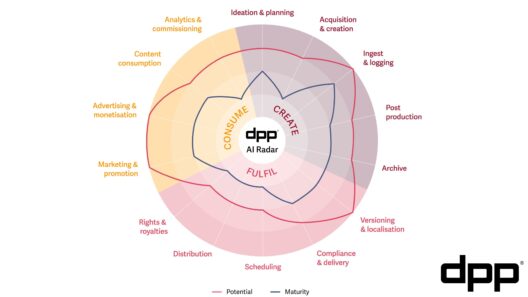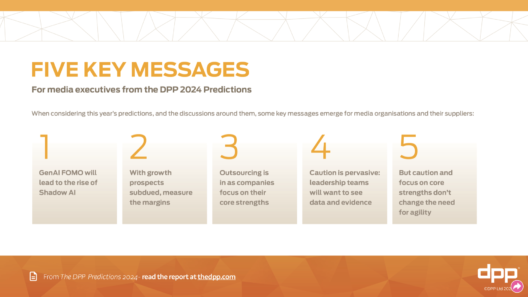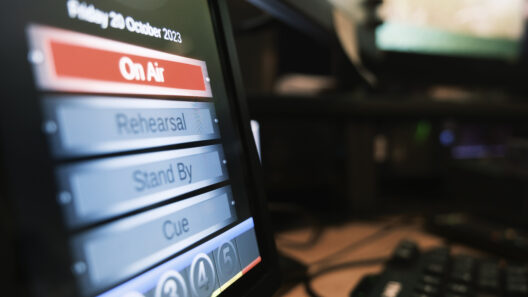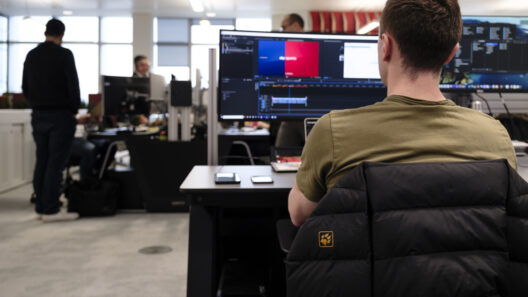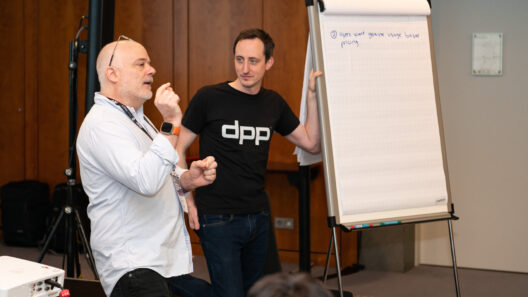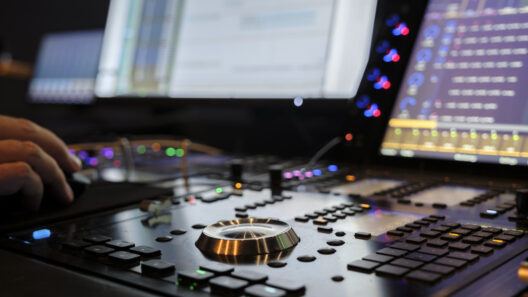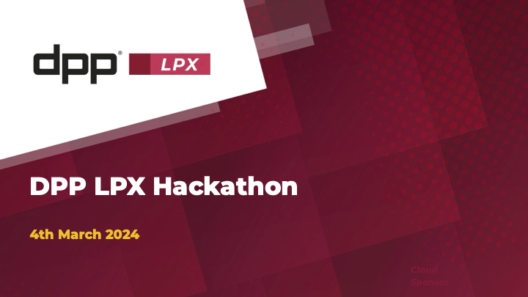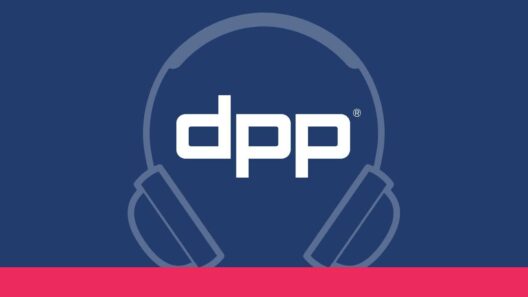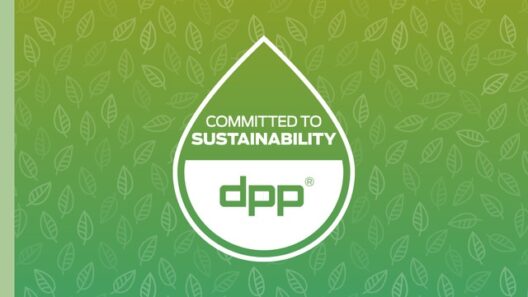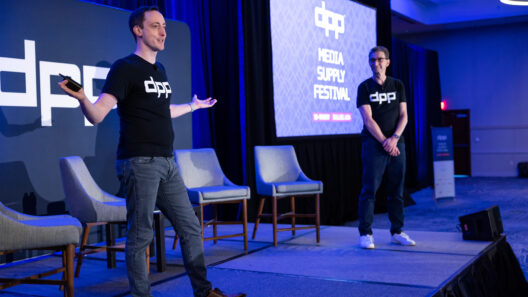We’re great at putting on a show. In both senses of the phrase.
Nothing gets our industry galvanised like getting content to air: the bigger, crazier, hairier, and more live, the better. The challenge unites everyone.
And - perhaps because of this inherent attachment to making things happen - we also tend to offer the world a positive face, even when times are hard. You could call media industry folk many things, but not a bunch of moaners.
But perhaps this blend of positive thinking and practical ingenuity also risks making it look as if we’re taking this crisis in our stride. What are we really feeling?
Our unique research project
Early on in the coronavirus crisis we decided, in partnership with Signiant, to capture what life in lockdown really meant – in real time. We invited companies to take part in a unique piece of research that surveyed their experiences.
The research uses a combination of monthly and weekly surveys – the former to gain detailed insight, and the latter to provide a constant temperature check.
We’ll share an interim report of the research in mid-May, with a full report to follow in July.
But after three weeks of the weekly surveys we couldn’t resist a peek at what the data was telling us. What we found was intriguing.
The truth beyond the average
The weekly survey asks just six questions. It asks respondents whether they are able to work and, if so, whether they are working at home. They are then invited to rate the experience of working at home compared to their normal working environment; to rate their productivity; and to score how they are feeling personally, and about their work.
The average scores from the answers to these questions have, so far, been astonishingly constant. Respondents rate the experience of home working as about the same as their normal place of work; and they rate their productivity as only marginally higher (by a couple of percentage points). On a scale of 1 to 100, where 1 is very bad and 100 is great, they feel 61 about work and 63 personally. None of the scores vary by more than one percentage point from one survey to the next. So far, so unremarkable.
But when one looks at the individual responses, a very different picture emerges. Many individual respondents feel very different from week to week – both for better and for worse.
The reality is that many people are feeling at least 10 percentage points – and often more like 20, 30 or 40 - better or worse from week to week about how effectively they are working, and how they feel about themselves and their work. It’s not that people are necessarily feeling gradually better or worse over time; their emotions are simply all over the place.
It just so happens that all these individual swings in mood cancel each other out each week, to create an overall average that’s misleadingly consistent.

A picture of turmoil
There is something very moving about knowing our colleagues are putting in their best efforts while trying to come to terms with significant emotional turmoil. There is also something reassuring for the rest of us who feel like this: we know we’re not alone.
To bring these complex emotions to life we reached out to some of the survey respondents and asked them to put their feelings into words. We are hugely grateful for the candid, and very moving, testimony we have received.
It seems appropriate to begin with this senior person from a production company, who understandably wished to remain anonymous:
It’s been a bit of a roller coaster since we took the decision to work from home. First the excitement of new ways of communication; then to being furloughed. It’s tough not to be working when you are geared up for it; but it did make home schooling slightly easier. Overall, I’m trying to stay positive. But as soon as we are free, I’ll be glad to be getting back to some sort of normality. I would just like to know when that will be – it’s the not knowing that’s the hardest part of all.
Significantly, those who have been able to stay in work also commonly refer to what they are going through as a roller coaster:
There are so many positives to enjoy combined with so many negatives to endure, sometimes it feels like an emotional overload. It feels like most of the plus points are lifestyle improvements and most of the negatives are business challenges. It feels like an emotional roller coaster so far, I'm still waiting for a loop-the-loop.
Richard Welsh, CEO, Sundog Media Toolkit
For me, working from home hasn't been as much of a technical challenge as it has an emotional one - trying to keep my team together and positive through an ever-changing industry landscape that shifts massively each day while productions cancel or change beyond recognition has been one of the toughest challenges of my career.
Natalie Triebwasser, Head of Production, Quicksilver Media
Our respondents are often trying to combine intense work pressures with the need to give time to their children, and space for their partner also to work.
Working through the pandemic has proved much more difficult than first thought. Both my wife and I are full-time employees in the film and television industry and have two children under 5 years old. Demand for content has never been higher, so it's a struggle to juggle work and the kids. Both our employers have been extremely gracious in allowing us to work flexible hours, so I look after my children in the morning and my wife in the afternoon. It’s not ideal, but it allows dedicated time for both the children and work. Spending more time with our children has helped to develop a stronger bond with them. So whenever I feel things are getting on top of me, I like to think I’m one of the lucky ones.
Sam Johnson, Senior Manager, Technology & Systems, The Walt Disney Company
It’s an emotional roller coaster. One day feeling extremely fortunate to have a job and a healthy family, the next feeling anxious and uncertain about when we will get back to ‘normal’! Having primary school aged children adds to the complexity of balancing school work, entertainment, exercise and work that pays the bills. I'm fortunate that I can get work done in flexible hours but it's the time to think that I struggle with. I've taken to "walking to work" in the morning, around the block just to get some thinking time into my day, away from distractions.
Simon Gauntlett, Director of Imaging Technology, Dolby
The uncertainty about how long this state will last – and what will come next - is another recurring theme.
Lockdown started on 13th March when my company decided to do a 'dry run.' Since then, the daffodils have come and gone, the blossom has bloomed and the bluebells are now lighting up the forest floors. I get up and go for a walk for an hour before I start my day. I get home, I set up on Zoom and have meeting after meeting. So far, we are successful with working remotely across our global offices. But it is strange. Everyone is up and down. We share ideas, have competitions, Friday drinks and tea at 4pm for whoever can join. We are all looking forward to seeing each other again - nothing can replace physical human interaction. It's unknown when this will end. It's a new world and who knows what 'normal' will be once we return. Meanwhile, we carry on and wait.
Liz Clarke, VP of Customer Operations, Mirriad
I have simultaneous opposing feelings about the crisis. The anxiety of absolute uncertainty about the timing and makeup of future events, and excitement about the possible opportunities that lay ahead. Never before has there been a time where there was no data to rely upon for the “how" and “when” combined with a lack of reliable, accurate and predictable information about how our future will unfold.
Seth Hallen, President, Hollywood Professional Association
Dominic Selby, from Channel 5, captures the sense of loss about not being able to work in the way he enjoys.
The first two weeks of lockdown were very different in terms of emotions. On a professional level it was very stressful. I found being detached from my team very disconcerting. Viacom actively encourages agile working, so we knew that the systems would work, but I like to be in the thick of it.
Initially, I did not react well to working from home, feeling very detached and out of control. It is better now, but I do miss the banter of office life. By week three I began to feel frustration setting in, working remotely means we take longer to get things completed: many more on-line meetings result in less productivity.
I do not miss the commute, but even that has an effect, because I do not have a clear end to the day when I need to leave to catch a train. I find myself reflecting on how our lives will change in the future. Will there be less office working and more flexibility? I am not sure I am that keen because I like the structure of a day that relies on travel to and from work.
Dominic Selby, Head of Broadcast Operations, Channel 5
None of our respondents saw the technical and logistical aspects of remote working as the challenge. The overriding concern was about disconnection from the details of life that normally provide so much of our stimulus.
As someone used to working remotely in multiple locations - that change did not phase me. However, my challenge is accepting this may be the constant for some time, without the welcome variation of different surroundings and seeing other people. We have realised we can all cope, but I miss that unprompted stimulation that only personal interaction with a colleague can provide.
Matt George, Director: Field Development, EMEA, Equinix
It should be fine - I'm warm, I'm fed, I have an 'office' in the house and a garden and none of us has been ill (yet). but, though I'm not totally miserable, I'm just not happy: I miss the variety, the pleasure of spontaneous encounters in the lift, the moments of fun, the cappuccinos and the warmth of personal contact. Yes, we can do great things Zooming and Hanging - and we have - but hours in front of a screen craning to see a solitary plane flying overhead just results in stiff joints and a fantasy walk round Marks & Spencer...it's the simple things...
Helen Stevens, Operations Officer, Content Supply Chain & Distribution, ITV
Of course, we know when we emerge back into more familiar ways of working, it will be different – we just don’t know exactly how. Humans gain happiness from a sense of being in control. So it is no wonder this uncertainty is causing stress for so many of us.
Interestingly, Seth Hallen has tried to embrace the uncertainty; and in so doing he provides a perfect observation with which to end - staring down from the crest of the rollercoaster – but in excitement as much as fear:
I am spending my time attempting to track how these current events are changing some of the foundational aspects of our industry and trying to imagine what gaps will need to be filled once the lights and cameras spin up again. And my anxiety about the uncertainty seems to fuel my curiosity. How will things evolve through the next 2-3 years? What new services will be required? What new tools will need to be developed? How will the commercialization and the economics of these products and services change? How will content itself change? One thing we can bet on: storytelling is in our human nature and the masses will always hunger for new content. Therefore there will always be a Media & Entertainment industry for us to work in and continue our careers. But only if we accept that everything is changing rapidly and we look for the fresh opportunities in the new world.
Seth Hallen, President, Hollywood Professional Association
Further reading!
Check out this blog 'Just Below the Surface' from our partner, Signiant.
